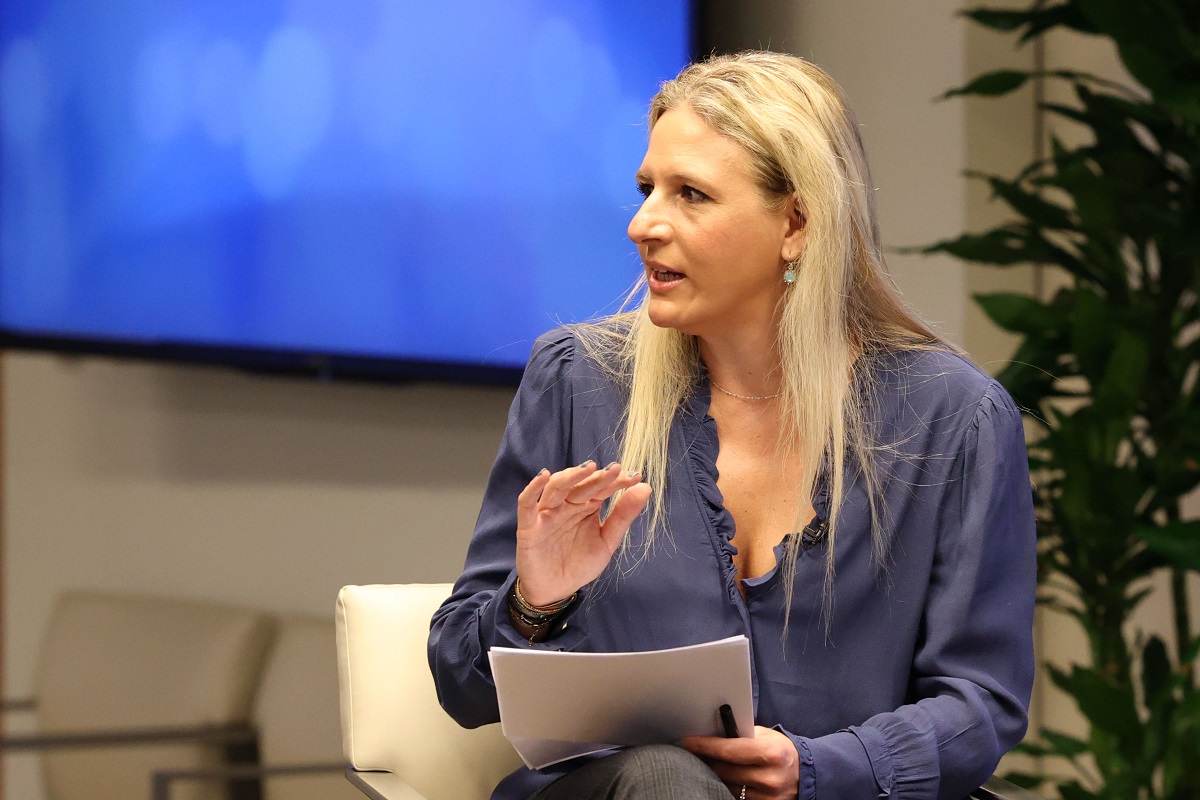Scott Morris testified before the House Foreign Affairs Subcommittee on Africa and Global Health, Global Human Rights, and International Organizations at a hearing titled “China in Africa: The New Colonialism?” on Wednesday March 2, 2018. In his appearance before the committee, Morris outlined findings from a newly-published CGD analysis exploring the debt implications of China’s Belt & Road Initiative—and offered his views on what it should mean for US global engagement.
From the testimony:
First, even as we highlight Chinese practices that are clearly problematic in the developing world, we also should acknowledge the degree to which Chinese financing is spurring growth in these economies. Ethiopia is a case where we see a mix of Chinese projects and investments—some that may not be sustainable or productive alongside others that are clearly delivering an economic benefit to the country. So long as this is the case, as it very well may be in a wide range of countries, then dire warnings from the United States are unlikely to find receptive audiences in the developing world.
Instead, we should be specific in our criticism of Chinese lending practices and look for specific opportunities to engage the Chinese on reform. We would do well to continue to press the Chinese on alignment with global norms and practices on lending transparency, debt management, procurement standards, etc. Progress is frustratingly slow, but it’s not entirely absent. As a member of the G20, China has signed onto important principles around sustainable financing, which include commitments to lending transparency. US officials should aim to steer these G20 commitments to operational practice.
We should also prioritize our own engagement in the developing world. This means continuing to exercise leadership in the humanitarian and health sectors, as well as beefing up our development finance tools. On the latter, the proposed US Development Finance Corporation would mark a positive step forward. At the same time, we should be realistic about its utility as an answer to China. It is not likely to operate on a scale that rivals the Chinese development finance institutions, and its private sector focus, while important, also limits its role in purely public infrastructure.
Fortunately, we do have a ready-made set of tools in our toolkit when it comes to deploying high quality development finance across Africa and globally. US leadership in institutions like the World Bank and African Development Bank is of critical value, and I worry that current policy fails to exploit the full potential of these institutions. These banks define best practice in the very areas that concern us about Chinese lending, from setting appropriate lending terms to ensuring open and transparent procurement rules.
Rights & Permissions
You may use and disseminate CGD’s publications under these conditions.





